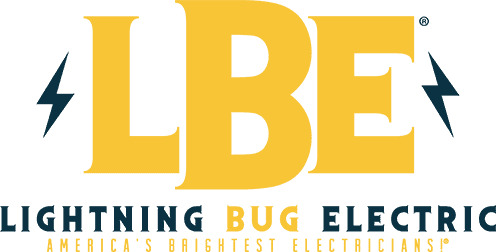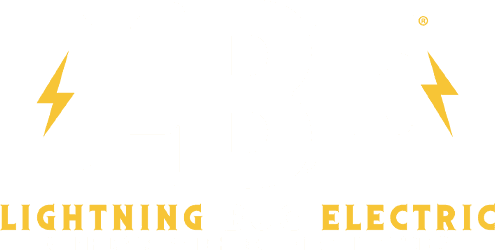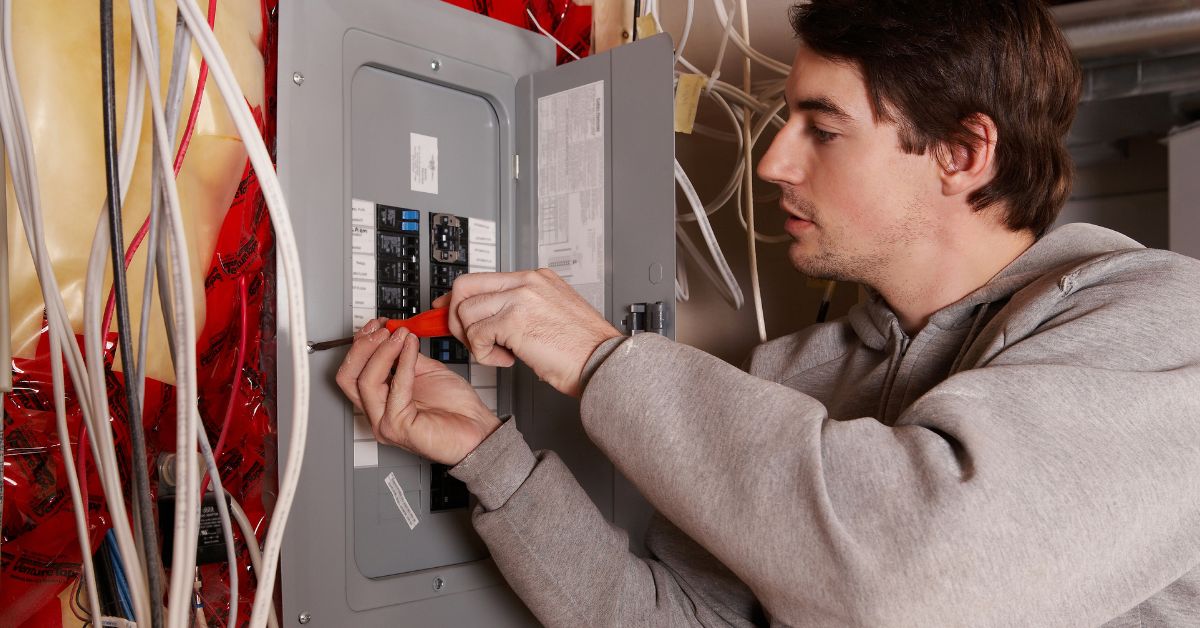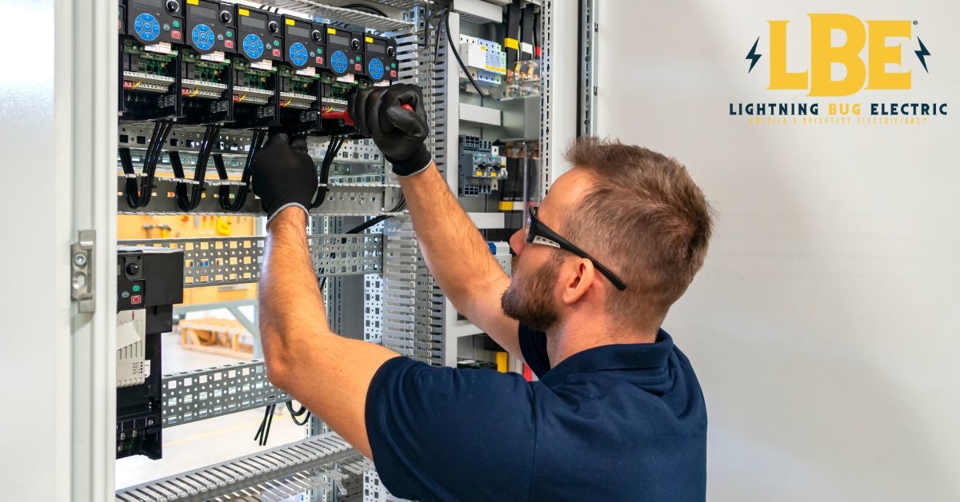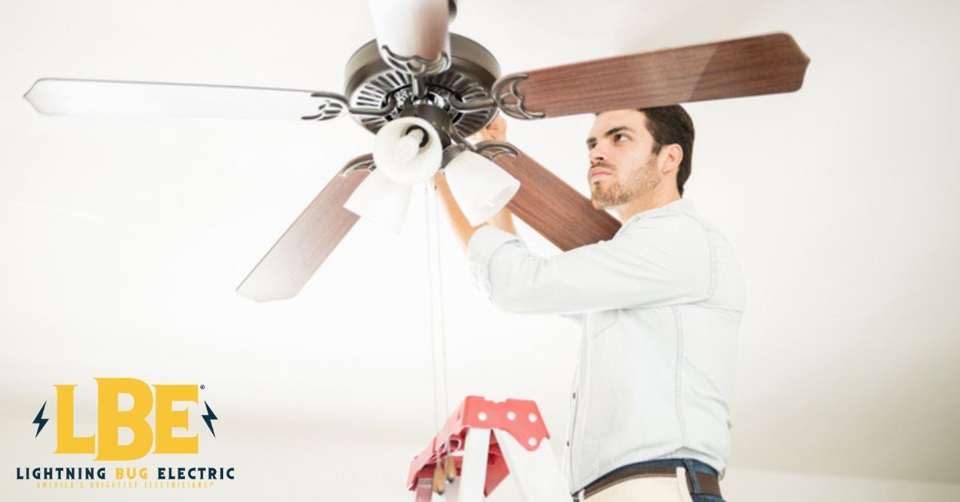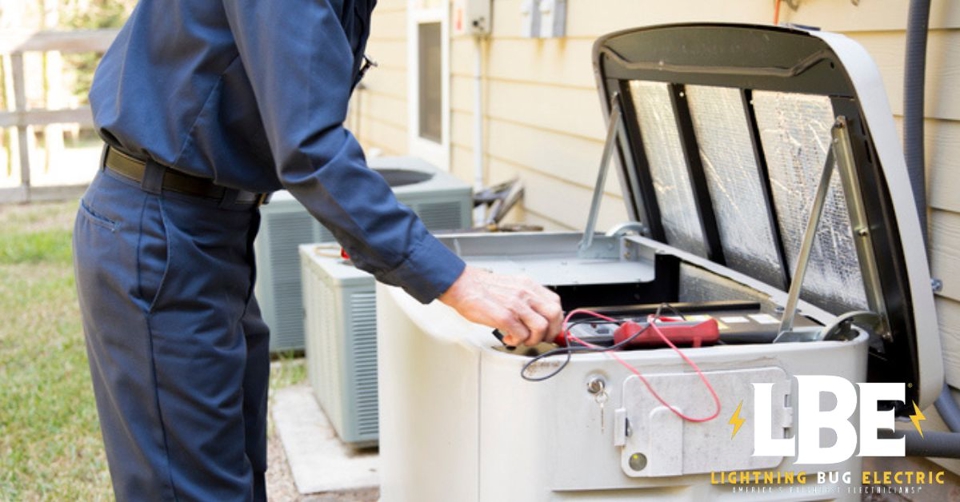The Role of the Electrical Panel in Home Safety and Efficiency
Your home's electrical panel is akin to the heart of your electrical system, acting as the central hub where electricity is distributed throughout your home. It manages the flow of electricity from the utility company to your home, ensuring that each circuit receives the appropriate amount of power. This distribution is crucial for maintaining the safety and efficiency of your electrical system. An electrical panel that is functioning correctly will prevent overloads and short circuits, which can lead to electrical fires or damage to your appliances. By regulating the power supply, the panel helps maintain a balance that keeps your home running smoothly and safely.
Maintaining an efficient and safe electrical panel is not just about convenience; it's about safeguarding your home and family from potential hazards. An outdated or malfunctioning panel can pose significant risks, including electrical fires, which are often caused by overloaded circuits or faulty wiring. Regular inspections and timely upgrades of your electrical panel are essential to ensure that it meets current safety standards and can handle your home's electrical demands. By doing so, you protect your investment and enhance the overall efficiency of your home's electrical system.
Signs Your Electrical Panel Needs an Upgrade
Recognizing the signs that your electrical panel needs an upgrade is crucial for maintaining a safe home environment. Common indicators include frequent circuit breaker trips, flickering lights, or unusual noises emanating from the panel. These symptoms suggest that your panel is struggling to keep up with your home's electrical demands, which can lead to overheating and potential fire hazards. Additionally, if you notice that your appliances are not running as efficiently as they should, it may be time to consider an upgrade.
Outdated electrical panels can significantly impact your home's safety and efficiency, especially with the increasing demand for electricity in modern households. Older panels were not designed to handle today's high-tech appliances and electronics, which can lead to frequent power outages and increased energy costs. Upgrading your panel not only addresses these issues but also ensures that your home complies with current electrical codes, providing peace of mind and enhanced safety for you and your family.
Evaluating Your Current Electrical Panel
Evaluating your current electrical panel is the first step in determining whether an upgrade is necessary. Start by checking the age and capacity of your panel. Most panels have a lifespan of 25 to 40 years, so if yours is nearing or exceeding this range, it might be time for a replacement. Additionally, assess whether your panel can handle your current electrical load. If you have added new appliances or expanded your home, your panel may not have the capacity to support these changes, leading to potential safety hazards.
Identifying whether your panel is a known outdated model, such as Federal Pacific or Zinsco, is also crucial. These models have been linked to safety issues, including a higher risk of electrical fires due to their inability to trip breakers effectively. If your panel is one of these models, it is highly recommended to consult with a professional electrician to discuss replacement options. Upgrading to a modern panel can significantly enhance your home's safety and efficiency, ensuring that your electrical system can meet your current and future needs.
Consulting with a Professional Electrician
Consulting with a professional electrician is essential when assessing the need for an electrical panel upgrade. A qualified electrician can conduct a thorough inspection of your electrical system, identifying any potential issues and recommending the best course of action. During the inspection, the electrician will evaluate the condition of your panel, check for any signs of wear and tear, and assess whether it meets current safety standards. This professional assessment is crucial for ensuring that your home remains safe and compliant with local regulations.
When consulting with an electrician, it's important to know what to expect and which questions to ask. Inquire about the potential costs of an upgrade, the expected timeline for the project, and any permits that may be required. Understanding these details will help you make an informed decision and prepare for the upgrade process. Additionally, a professional electrician can provide valuable advice on the best panel options for your home, ensuring that you choose a solution that meets your specific needs and budget.
Understanding Electrical Panel Capacity and Load Requirements
Understanding the capacity and load requirements of your electrical panel is crucial when considering an upgrade. The amperage rating of your panel indicates the maximum amount of electricity it can safely handle. Most modern homes require a panel with at least 200 amps to support the increasing number of electrical devices and appliances. If your panel is rated for less, it may not be able to meet your home's electrical demands, leading to frequent breaker trips and potential safety hazards.
Calculating your home's electrical load and future needs is an important step in determining the appropriate panel capacity. Consider the number of appliances and devices you currently use, as well as any planned additions or renovations that may increase your electrical demand. By accurately assessing your needs, you can choose a panel that not only meets your current requirements but also accommodates future growth, ensuring that your electrical system remains safe and efficient for years to come.
Types of Electrical Panels and Their Features
When upgrading your electrical panel, it's important to understand the different types available and their features. Main breaker panels are the most common type, providing a central point for controlling the power supply to your entire home. Subpanels, on the other hand, are used to distribute power to specific areas, such as a garage or basement, offering additional flexibility and control. Depending on your home's layout and electrical needs, you may require one or both types of panels.
Modern electrical panels come with a variety of features designed to enhance safety and efficiency. Look for panels with built-in surge protection to safeguard your appliances from power surges. Smart technology is another valuable feature, allowing you to monitor your energy usage and control your electrical system remotely. By choosing a panel with these advanced features, you can improve your home's energy efficiency and reduce the risk of electrical issues, providing peace of mind and long-term savings.
Choosing the Right Time for an Upgrade
Timing is a crucial factor when planning an electrical panel upgrade. Consider scheduling the upgrade during a period of low electrical demand, such as before a major home renovation or when you're adding new appliances. This ensures that your electrical system can handle the increased load without compromising safety. Additionally, seasonal considerations can impact the upgrade process. For instance, upgrading during milder weather conditions can reduce potential disruptions and make the process more efficient.
When choosing the right time for an upgrade, it's also important to consider your personal schedule and any potential disruptions to your daily routine. An electrical panel upgrade can temporarily affect your home's power supply, so plan accordingly to minimize inconvenience. By carefully selecting the timing of your upgrade, you can ensure a smooth and efficient process that enhances your home's safety and functionality.
Steps Involved in Upgrading an Electrical Panel
Upgrading an electrical panel involves several key steps, from the initial consultation to the final inspection. The process begins with a thorough assessment of your current electrical system by a professional electrician, who will recommend the best panel options for your home. Once you've selected a panel, the electrician will obtain any necessary permits and schedule the installation. During the upgrade, your home's power supply may be temporarily interrupted, so it's important to prepare for this disruption.
After the installation is complete, the electrician will conduct a final inspection to ensure that the new panel meets all safety standards and functions correctly. This inspection is crucial for verifying that your electrical system is safe and compliant with local regulations. Following the upgrade, it's important to schedule regular maintenance and inspections to ensure the long-term safety and efficiency of your electrical system. By following these steps, you can successfully upgrade your electrical panel and enhance your home's safety and functionality.
Debunking Myths About Electrical Panel Upgrades
There are several common myths about electrical panel upgrades that can cause confusion and hesitation among homeowners. One prevalent misconception is that upgrades are only necessary for older homes. In reality, even newer homes may require an upgrade if their electrical demands exceed the panel's capacity. Another myth is that the upgrade process is overly complex and costly. While it does require professional expertise, the benefits of enhanced safety and efficiency far outweigh the initial investment.
Addressing these misconceptions is important for helping homeowners make informed decisions about their electrical systems. By understanding the true benefits and requirements of an upgrade, you can take proactive steps to ensure your home's safety and efficiency. Don't let myths and misconceptions deter you from making necessary improvements to your electrical system. Instead, rely on professional advice and accurate information to guide your decisions.
FAQs About Electrical Panel Upgrades
Homeowners often have questions about electrical panel upgrades, and addressing these FAQs can provide valuable insights. One common question is about the lifespan of a new panel. Most modern panels are designed to last 25 to 40 years, depending on usage and maintenance. Another frequent inquiry is about potential energy savings. While upgrading your panel won't directly reduce your energy bills, it can improve the efficiency of your electrical system, potentially leading to long-term savings.
Troubleshooting minor issues post-upgrade is another area of concern for homeowners. If you experience any problems with your new panel, such as tripped breakers or flickering lights, consult with your electrician to identify and resolve the issue. By addressing these common questions and concerns, you can gain a better understanding of the upgrade process and ensure the long-term safety and efficiency of your home's electrical system.
Don't Hesitate to Contact Our Panel Experts
Upgrading your electrical panel is a crucial step in enhancing your home's safety and efficiency. By understanding the importance of a well-functioning panel, recognizing the signs of an outdated system, and consulting with a professional electrician, you can ensure that your home meets current electrical demands and safety standards. At Lightning Bug Electric, we are committed to providing top-notch electrical services to homeowners in Marietta and surrounding areas. Our team of experienced electricians is ready to assist you with all your electrical needs, from panel upgrades to routine maintenance.
If you're considering an electrical panel upgrade or have any questions about your home's electrical system, don't hesitate to contact us. Our experts are here to provide personalized advice and solutions tailored to your specific needs. Reach out to Lightning Bug Electric today and take the first step towards a safer, more efficient home. Let us help you illuminate your home with confidence and peace of mind.
Lightning Bug Electric is available by phone at (404) 471-3847. You can also send us a message online.
